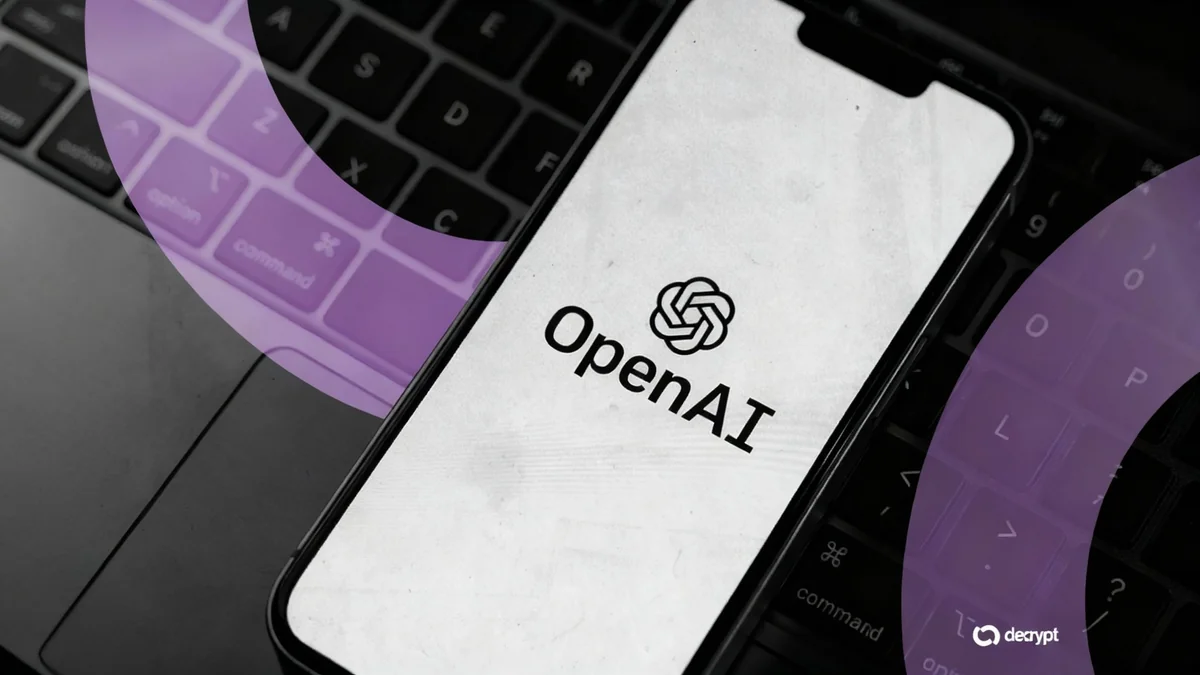Global financial regulators are escalating enforcement actions against a wide range of illicit activities involving digital assets, from state-sponsored theft to large-scale market manipulation. Recent actions include U.S. sanctions against an international network accused of stealing cryptocurrency for North Korea and a guilty plea in the UK related to a nearly $7 billion Bitcoin fraud scheme.
These developments highlight the increasing focus from authorities in the United States, Europe, and Asia on curbing financial crimes that leverage the anonymity and cross-border nature of cryptocurrencies. The enforcement actions span from individual fraudsters to complex international networks and publicly traded companies.
Key Takeaways
- The U.S. Treasury sanctioned a network involving North Korean, Russian, and Chinese entities for a crypto theft operation using fraudulent IT workers.
- In the UK, a Chinese national pleaded guilty to a fraud scheme involving 61,000 Bitcoin, valued at nearly $7 billion.
- The U.S. SEC halted trading of a company's stock after it surged over 2,000% following an announcement to purchase cryptocurrencies.
- A Russian official accused the United States of using gold and crypto to manage its national debt, highlighting geopolitical tensions surrounding digital assets.
- A U.S. court allowed a lawsuit against Martin Shkreli to proceed over alleged copying of the unique Wu-Tang Clan album, a case involving concepts of singular digital ownership.
US Sanctions Expose International Crypto Theft Network
The United States Department of the Treasury has taken action against a complex international network accused of facilitating cryptocurrency theft to benefit North Korea. The sanctions target individuals and companies in North Korea, Russia, and China allegedly involved in the scheme.
According to the Treasury, the operation involved North Korean IT workers who would pose as freelance technology professionals to gain employment at businesses in the United States and other countries. Once hired, these individuals would allegedly steal funds and proprietary information, which were then funneled to the North Korean government.
This scheme is believed to have generated hundreds of millions of dollars, providing a significant source of revenue for the sanctioned state. The U.S. government stated that these funds are often used to support North Korea's weapons programs.
State-Sponsored Cybercrime
North Korea has been repeatedly linked by government agencies and cybersecurity firms to major cryptocurrency heists. Groups like Lazarus are believed to be state-sponsored hacking syndicates responsible for stealing billions of dollars from crypto exchanges, decentralized finance protocols, and online gaming platforms over the last several years.
The sanctions aim to disrupt the financial infrastructure that supports these activities by freezing any assets held by the designated individuals and entities within U.S. jurisdiction and prohibiting U.S. persons from dealing with them. This action underscores the international effort to cut off illicit funding streams to North Korea.
UK Secures Guilty Plea in Massive $7 Billion Bitcoin Fraud
In a separate major case, a Chinese national named Zhimin Qian has pleaded guilty in a UK court to charges related to a vast money laundering operation. The case involves 61,000 Bitcoin, which holds a current market value of just under $7 billion.
The conviction is the result of a seven-year investigation into an international investment fraud. Authorities revealed that Qian, who also used the alias Yadi Zhang, was a key figure in a scheme that defrauded approximately 128,000 individuals, primarily in China.
The fraudulent investment scheme collected funds from victims between 2014 and 2017. The proceeds were then converted into Bitcoin and moved out of the country, with Qian arriving in the UK in 2017 using a false identity.
Timeline of the Investigation
- 2014-2017: A large-scale investment fraud defrauds 128,000 investors in China.
- 2017: Zhimin Qian arrives in the UK with the proceeds, converted to Bitcoin.
- 2018: UK authorities become aware of the assets and begin their investigation.
- 2021: Law enforcement seizes devices containing the private keys to the 61,000 Bitcoin.
- 2025: Qian pleads guilty to acquiring and possessing criminal property.
London's Metropolitan Police called the case a culmination of years of complex work. The successful seizure and prosecution represent one of the largest cryptocurrency-related asset recoveries in UK history, demonstrating the growing capability of law enforcement to trace and confiscate digital assets tied to criminal activity.
Regulators Clamp Down on Market Manipulation
In the United States, the Securities and Exchange Commission (SEC) has intervened to halt the trading of a company's stock following an extraordinary price surge linked to a cryptocurrency announcement. The company, QMMM Holdings, saw its stock price increase by more than 2,100% in a single month.
The dramatic rise began after the digital advertising firm announced its intention to shift its treasury strategy to include buying Bitcoin, Ethereum, and Solana. The stock, which traded for just a few dollars, finished a recent session at $119.40 per share before the trading halt.
The SEC issued the suspension to prevent further trading while it investigates the matter. Such halts are typically used when the regulator has concerns about the accuracy of public information or suspects potential manipulative activity in the market.
This type of event, often referred to as "crypto-pivoting," involves non-crypto companies making announcements about entering the digital asset space, which can lead to speculative frenzies and dramatic, often unsustainable, stock price increases.
This action reflects the SEC's increased scrutiny of public companies making claims related to cryptocurrency and blockchain technology, aiming to protect investors from potential fraud and manipulation.
Geopolitical Tensions and the Role of Digital Assets
The growing role of cryptocurrency in the global financial system has also become a point of geopolitical friction. Anton Kobyakov, an advisor to Russian President Vladimir Putin, recently accused the United States of attempting to use gold and crypto to manage its significant national debt.
Speaking at the Eastern Economic Forum in Vladivostok, Kobyakov suggested that the U.S. is trying to reshape global financial markets to its advantage. He stated that the U.S. is attempting to rewrite the rules of the gold and cryptocurrency markets to ease its debt burden at the expense of other nations.
These comments reflect a broader narrative among some countries that digital assets could serve as an alternative to the U.S. dollar-dominated global financial system. Nations facing sanctions or seeking to reduce their reliance on the dollar have explored digital currencies and other assets as potential tools for international trade and reserves.
Unique Legal Battles Emerge in the Digital Age
The influence of digital asset concepts is also appearing in unconventional legal disputes. A U.S. federal judge has ruled that Martin Shkreli, widely known as "Pharma Bro," can be sued by a digital art collective over the one-of-a-kind Wu-Tang Clan album, "Once Upon a Time in Shaolin."
The plaintiff, PleasrDAO, a decentralized autonomous organization that owns the album, alleges that Shkreli made and distributed digital copies of the recording. Shkreli originally purchased the album for $2 million and was later forced to forfeit it as part of a judgment for securities fraud. PleasrDAO acquired it from the U.S. government for $4 million.
U.S. District Judge Pamela Chen's ruling allows PleasrDAO to proceed with claims of trade secret misappropriation. The case is notable because it centers on the concept of a unique, singular asset in an age where digital duplication is simple. This mirrors the core idea behind non-fungible tokens (NFTs), where ownership of a unique digital item is verified on a blockchain, even if copies of the underlying media exist.
While the album itself is physical, the legal battle over its unauthorized duplication touches on the same principles of scarcity and ownership that are central to the digital asset economy, showing how these ideas are influencing legal frameworks beyond the crypto world.





